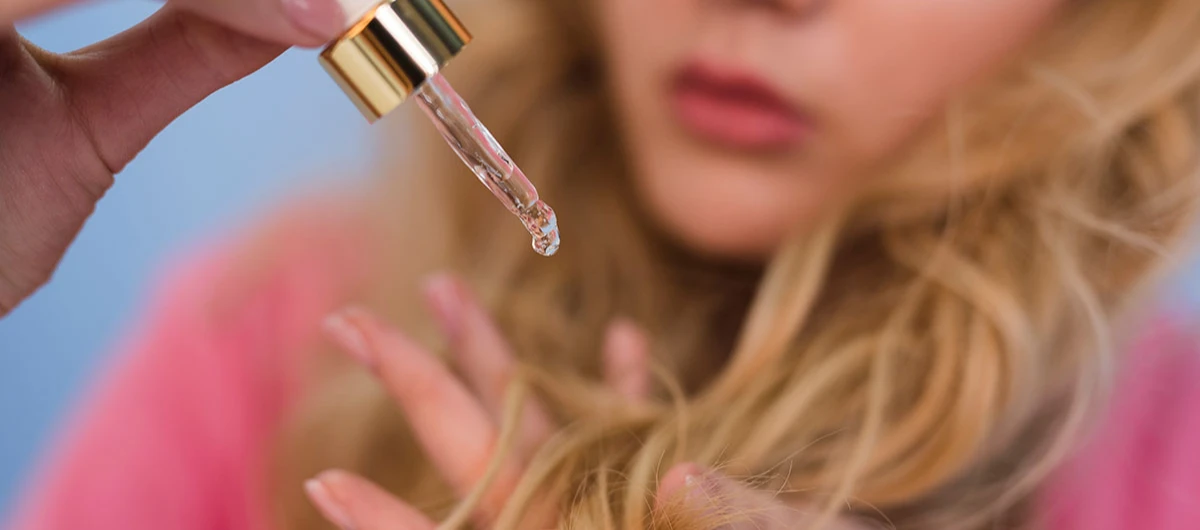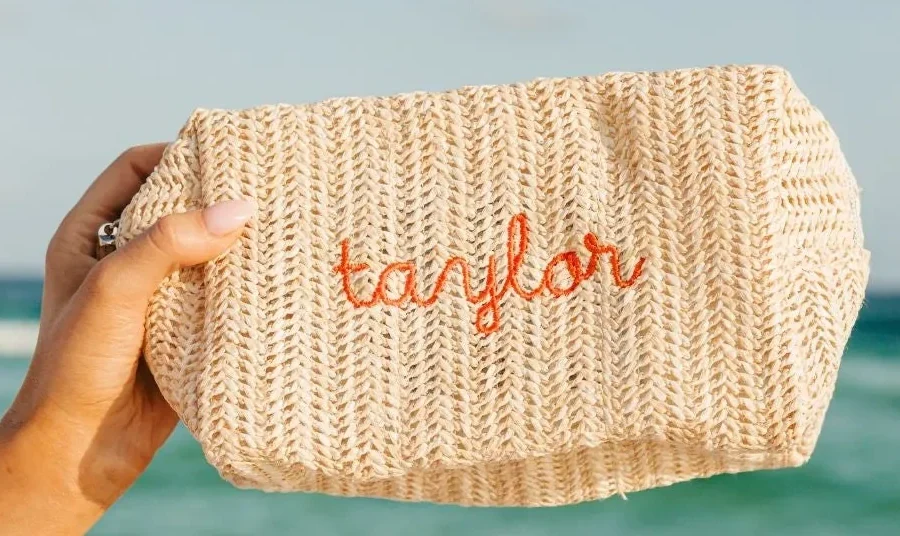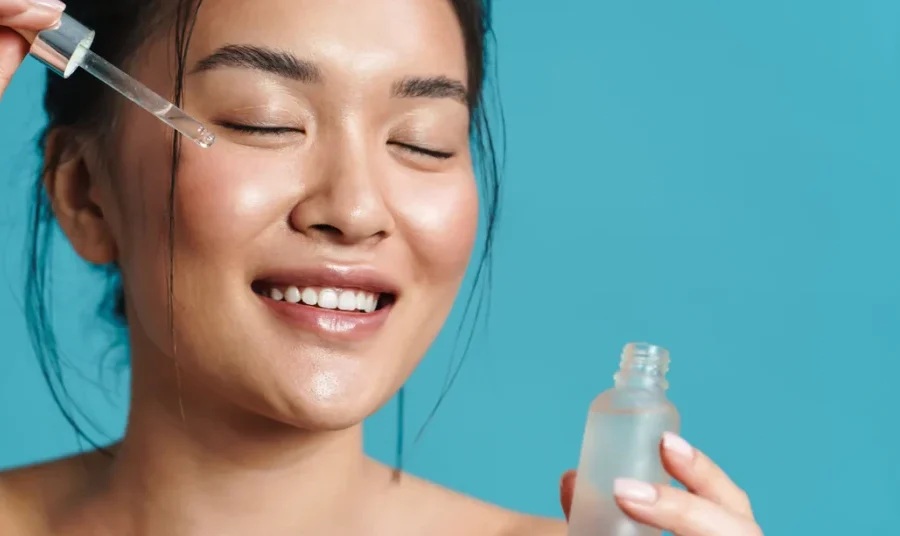Oils can significantly improve your hair’s condition, but they can also damage it—it all depends on how you use them.

Natural Oils: Friend or Foe for Your Hair?
Think of those popular social media videos where people generously apply oils like coconut, argan, or castor oil to their hair and scalp. The internet is also full of DIY recipes for homemade oil-based masks to address any hair concern. It might make you believe that all hair problems can be solved with a mix of oils from the grocery store or pharmacy, and that all those beautifully packaged products from the beauty industry are just a marketing scheme designed to drain your wallet.
But is this really the case? Let’s figure it out!
What’s the Secret Power of Oils in Hair Care Products?
Plant-based oils used in hair care products help restore the lipid layer of the hair shaft, making it stronger and more resistant to damage. That’s why many hair products, like conditioners, masks, and leave-in treatments, contain oils in their formulas.
However, you shouldn’t expect an immediate visual effect from oils. At best, you might notice some softness and a slight shine.
Natural oils work gradually, improving the hair’s condition over time. So, be patient!
How to Use Oils for Hair?
It’s important to highlight the benefits of oils as an ingredient in cosmetic products, but we recommend avoiding applying oils directly to your hair and scalp.
Oh yes, you can find countless “grandma’s recipes” and recommendations online about using natural oils for hair care. Who hasn’t tried those magical burdock oil and pepper tincture masks? Or applied coconut oil to their hair in pursuit of that dream-like smoothness?
If you haven’t done this—congratulations! You’ve saved yourself a lot of time and stress.
Pure Oils: An Enemy to Your Hair
The truth is that using pure oils as hair care might not give you the desired effect at best, and at worst, it could cause problems that require a visit to a trichologist. So, the supposed cost savings might not be worth it, right?
Applying Oils to the Scalp: What’s the Catch?
Applying oils to the scalp, especially the famous burdock oil, can clog your pores. Additionally, removing the oil mixture from your scalp might require more than just two rounds of shampooing. This means you’ll have to repeatedly wash your hair with harsh surfactants—and there’s no guarantee that you’ll be able to wash out the oil, which may already have clogged your pores. Obviously, this won’t encourage hair growth. On the contrary, it could worsen your hair’s condition and lead to hair loss and other trichological issues.
What’s Wrong with Applying Oils to the Hair Length?
Let’s revisit the famous coconut oil—a hero of many hair care legends. Where did the myths about its magic come from, and why has the hype faded?
It’s simple: the molecules of coconut oil stick to the hair, fill in damaged areas, and form a film, creating a smooth effect and giving the illusion that your hair’s condition has improved.
But that’s not exactly true. In reality, you’re just coating your hair in a layer of fat, sealing it. This layer doesn’t provide the necessary moisturizing properties needed to keep hair healthy. As a result, regularly applying pure oils to your hair while ignoring moisturizing ingredients leads to dryness and brittleness (and this isn’t limited to coconut oil).
Additionally, the build-up of fats on your hair’s surface makes it look dull, heavy, and less elastic. Such experiments are particularly detrimental to porous, damaged, or curly hair, which requires more delicate care.
So, if you want your hair care routine to bring you joy and great results, it’s better to choose products developed by professionals with balanced formulas where every ingredient is in the right place, form, and proportion. As for grandma’s recipes, it’s better to save those for culinary masterpieces!



Leave a Comment